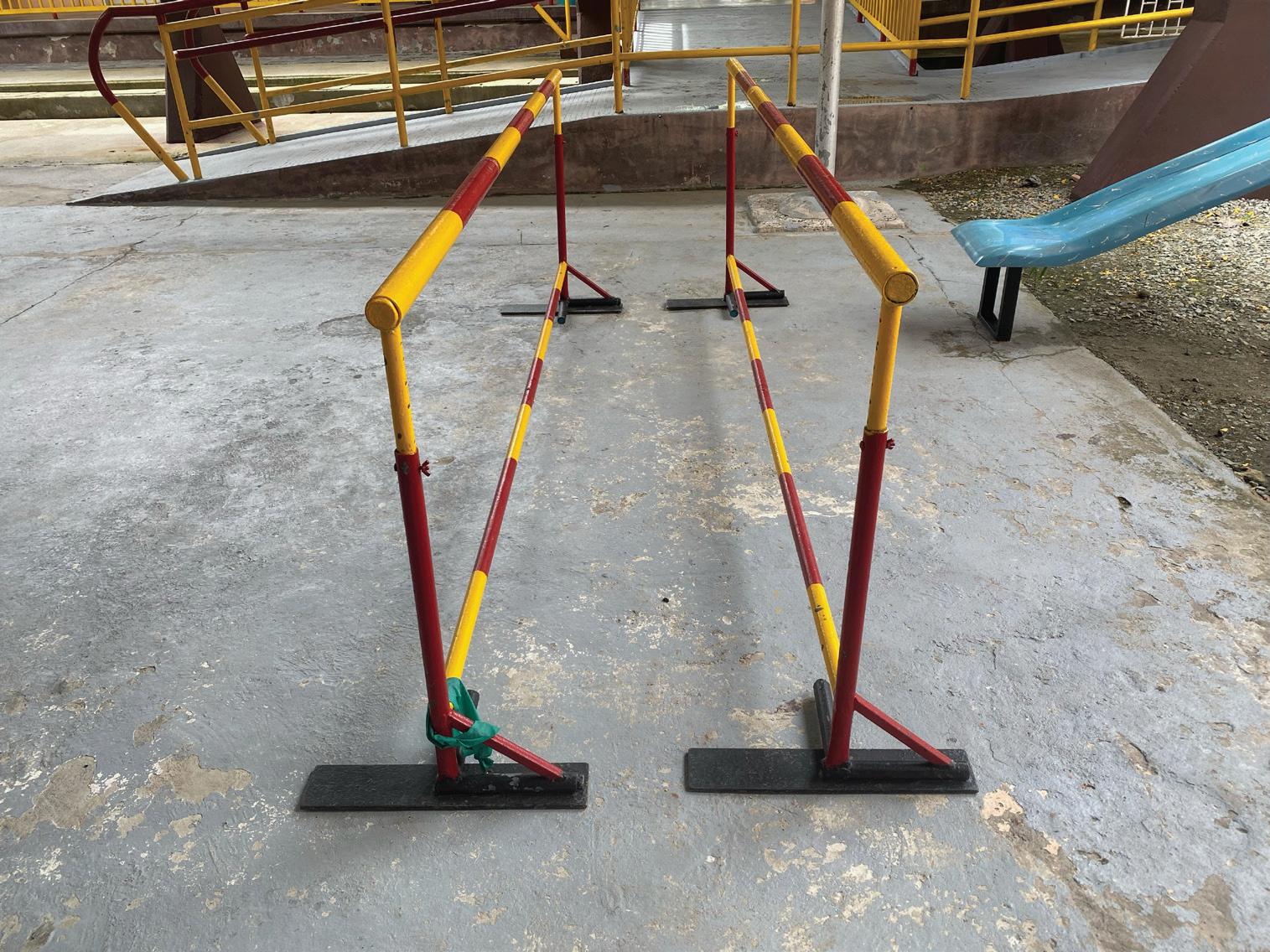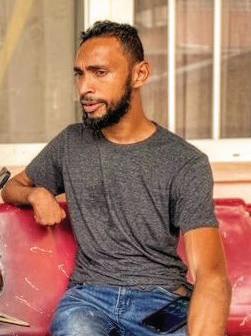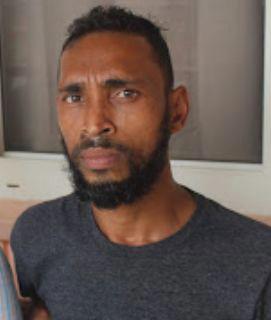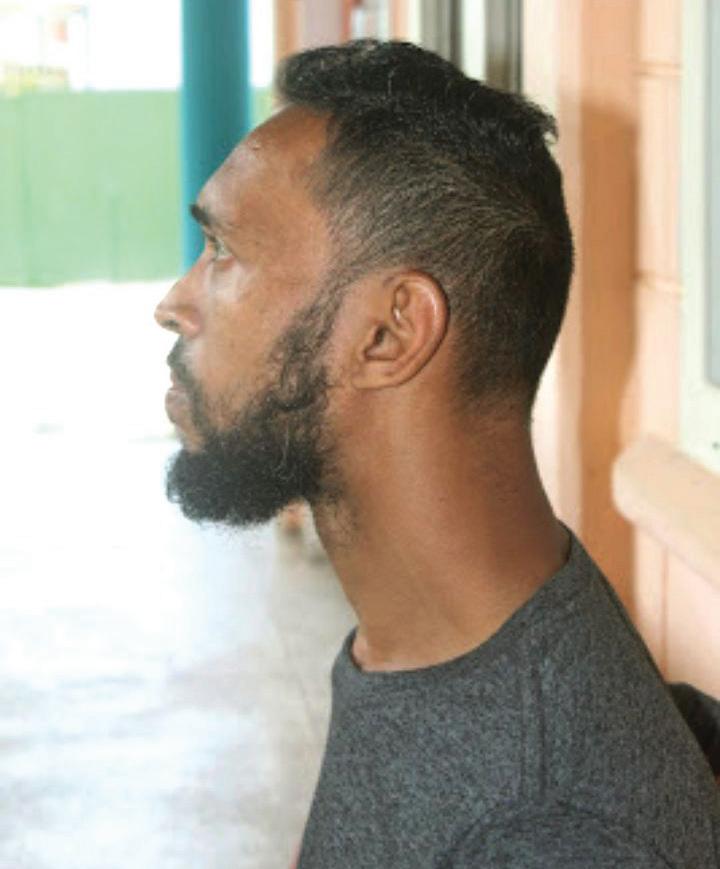
3 minute read
A Person First
Looking at the lives of persons living with disabilities
By Shaniya Harding
Advertisement
SHAZAR ‘Ray’ Mohamed was diagnosed with cerebral palsy at just a few months old. Ray’s parents knew something was wrong when he could not walk at the age of three. Cerebral palsy is a disorder caused by damage or abnormal development of one’s brain. It affects a person’s movement, balance, posture and, in some cases, speech. In Ray’s case, it affects him in all of these areas. Ray’s life has been characterised by pain, slips, falls and years of therapy. Nevertheless, he has not let this keep him from his goals. Today, he works as a teacher and says he aims to help others just like himself and to ensure that people with disabilities are seen for who they are; people.
dependency on his parents and teachers. At this time, he hadn’t yet gained full use of after he suffered a fall. The fall not only injured Ray’s knee but made sitting CXC impossible. And although it was hard, it wasn’t the first injury of this type he had suffered. “Before the fall when I was 15, I fell a couple of times in primary school because I liked to run. And I broke my hand twice,” Ray admitted.
Making A difference
Perhaps it was his challenges, but Ray Mohamed always wanted to help others. But first, he had to help himself. For more than a decade after high school, Ray went through gruelling therapy to develop his motor skills and make walking on his own possible, and he succeeded.With his passion for doing good still burning with renewed confidence, one of them and asked for he joined a skills training programme set forward by the government and became a qualified teacher.
Today Ray is an Information Technology teacher at the same institution where he did his physical therapy, The Ptolemy Reid Rehabilitation Centre. Because he struggles with the use of his hands, he now teaches chil-




He says the relationship between himself and his students is a friendly one. As he teaches them skills that will give them a sense of freedom and independence as it did for him. “The relationship between me and my students is friendly. They like me and I like them. And i just want Ray is a beacon of unwavering faith, with his contagious smile with his optimistic attitude. But this does not mean that his time of facing adversities is over. There are still everyday things that Ray struggles with. “I put on my clothes. I do everything for myself. But my fingers, I can’t button my shirts. And I have to be able to push my feet into my shoes. Because I can’t tie my laces,” he said. And even with a spirit and attitude as strong as Ray’s, he says there are still some issues with accessibility he wishes to have changed. “The steps in some buildings are hard for me. If the stairs are too slopedor without railings, I have to take my time, or I’ll fall,” he said. It is things like these that affect Ray and other people with disabilities
Hard lessons
“Learning to walk, learning to talk and learning to do things for myself were the hardest [tasks] for me,” Ray shared with The Pepperpot Magazine. Born and raised in Wales on the west bank of Demerara, Ray says that in the early stages of his life,he wasn’t yet fully aware of exactly how different he was from other children. His years in PatentiaNursery School were spent with great his legs; and as such, he had to be carried.
For many people, being given a hand like this in life would have meant giving up, but not for Ray. He persisted in his years in high school. Here, he met the people who would support him, his friends. This is also where he encountered his first bullies.
“In school, I didn’t have too many problems because I had friends that looked out for me. Even today, I called help, they would do it. They always support me,” says Ray, emphasising the importance of support from friends and family.
Despite the moral support he had, they were still things that Ray was determined to do on his own. One of these was writing. Due to the lack of control in his hands, holding a pen was and is still a difficult task for him. “It was hard in school because I had to write. They didn’t have computers and no one to help. So I had to write subject after subject, but it was okat,” he explained. At the age of 15, tragedy struck, and all his hard work seemed in vain all he had to do was find a way to help. And in 2009, dren how to use a computer.










